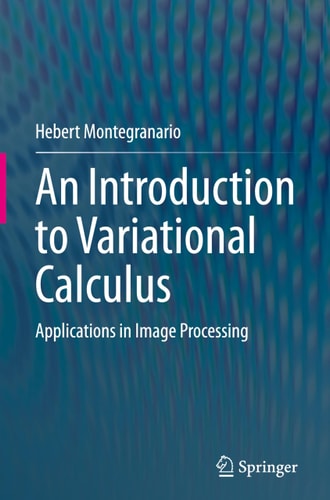

Most ebook files are in PDF format, so you can easily read them using various software such as Foxit Reader or directly on the Google Chrome browser.
Some ebook files are released by publishers in other formats such as .awz, .mobi, .epub, .fb2, etc. You may need to install specific software to read these formats on mobile/PC, such as Calibre.
Please read the tutorial at this link: https://ebookbell.com/faq
We offer FREE conversion to the popular formats you request; however, this may take some time. Therefore, right after payment, please email us, and we will try to provide the service as quickly as possible.
For some exceptional file formats or broken links (if any), please refrain from opening any disputes. Instead, email us first, and we will try to assist within a maximum of 6 hours.
EbookBell Team

4.4
102 reviewsThe classical perspective draws upon foundational topics explored by pioneers such as Euler and Lagrange, establishing a solid theoretical groundwork. In recent decades, the advent of disciplines such as computer vision has expanded the horizons of variational calculus, showcasing its effectiveness in addressing complex problems that necessitate computational solutions. Consequently, this book places a strong emphasis on the synergy between mathematical theory, practical applications, and algorithmic development.
To ensure the text is comprehensive and accessible, essential principles of functional analysis and Fourier analysis are incorporated, facilitating a deeper and more nuanced understanding of the applications presented. Covering both classic and more recent aspects of variational calculus, this book suggests that many topics of modern technology such as computer vision, robotics and especially digital image processing can be formulated in terms of variational problems.